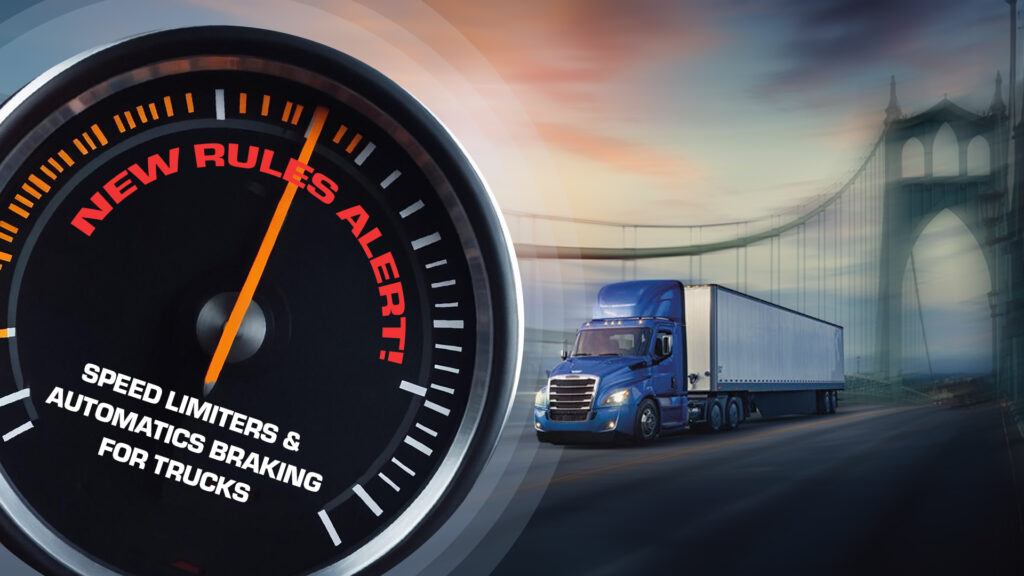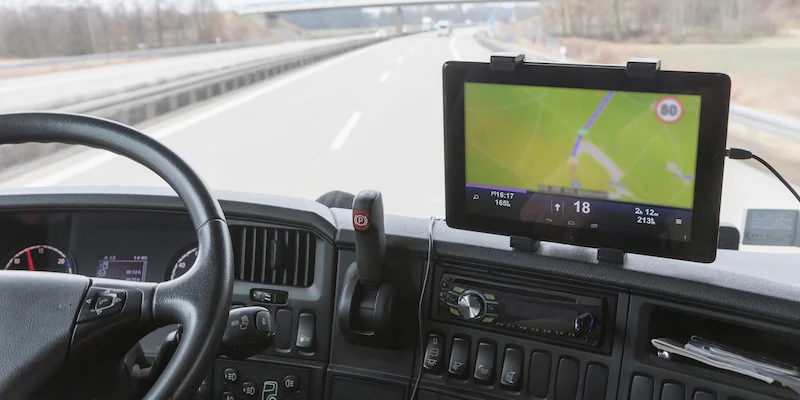
Hey truckers! Big changes are coming down the road in 2024, and you’ll want to be prepared. The U.S. Department of Transportation (DOT) has announced new rulemakings that will affect how heavy-duty trucks operate. These rules include mandatory speed limiters and automatic emergency braking systems, which are expected to be finalized soon (PrePass).
What’s Coming?
1. Speed Limiters: Under the new rule, heavy trucks may be required to have speed-limiting devices installed, capping speeds at around 68 mph. While this is designed to improve safety and fuel efficiency, it could also affect your daily driving routine. For those of us who love open highways, this might take some getting used to, but it could mean fewer accidents and lower fuel costs.
2. Automatic Emergency Braking (AEB): Another game-changer is the AEB system. This technology will automatically apply the brakes if your truck detects a potential collision. It’s a big leap in truck safety, helping to prevent accidents that could result from sudden stops or slowdowns. The National Highway Traffic Safety Administration (NHTSA) and the Federal Motor Carrier Safety Administration (FMCSA) are behind this push to make our roads safer (FreightWaves).

Why You Should Care
These new regulations aim to reduce accidents and improve safety, but they’ll also impact how you drive. For independent operators and smaller fleets, the costs of upgrading your trucks could add up, so it’s important to start thinking about compliance now. On the flip side, these changes could make driving safer and potentially save you on fuel in the long run.
What Should You Do?
Stay informed and be prepared! As these regulations roll out, make sure your truck is compliant. It’s also worth keeping an eye on any financial incentives or grants that could help offset the costs of installing new safety technology.
Want to stay up to date on these new rules and more? Keep checking drivers1st.com for the latest trucking news and tips.
For more details on these inspections and tips on how to prepare, stay tuned to drivers1st.com. Let’s keep those wheels turning smoothly!
